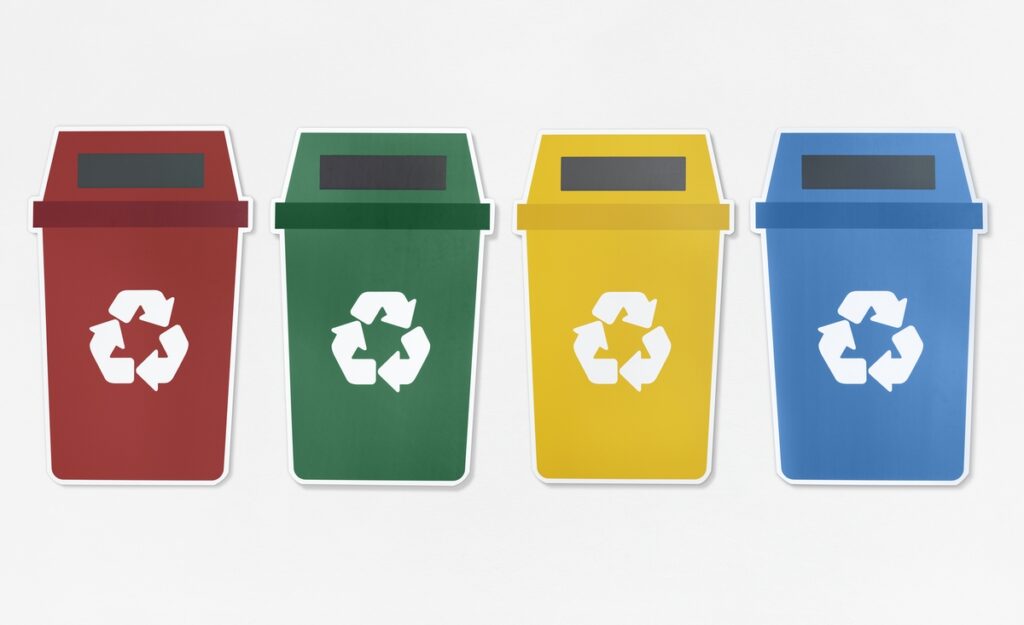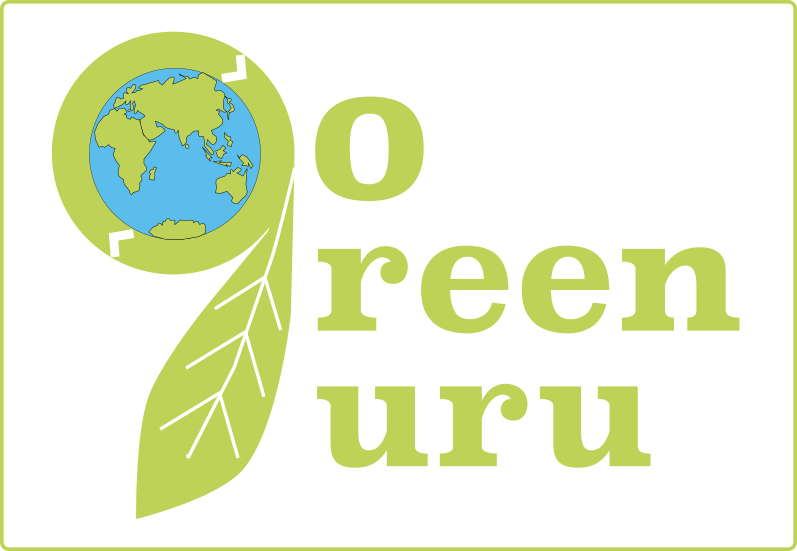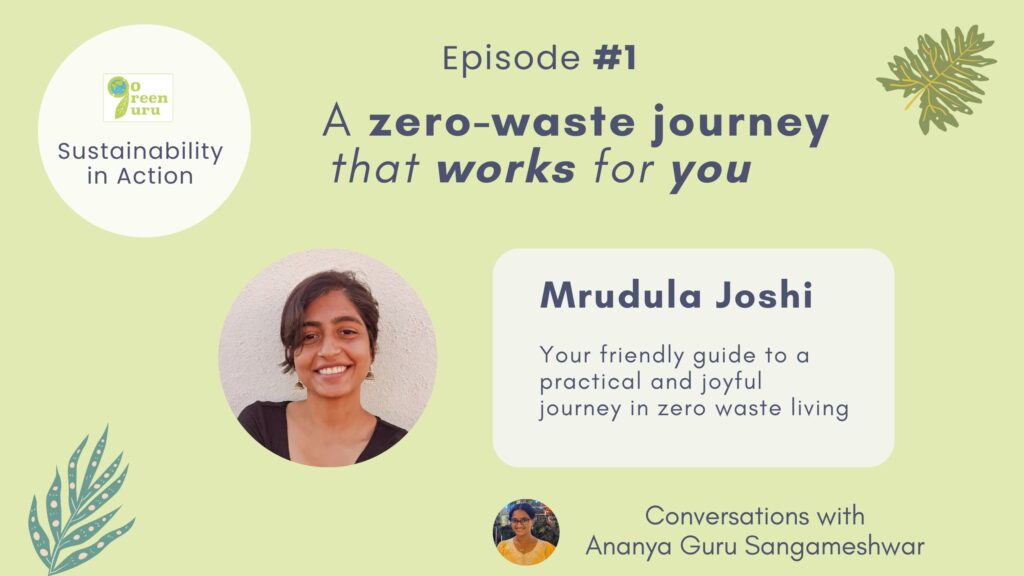Zero Waste Tips for Residents Welfare Associations(RWAs)

Residents Welfare Associations(RWAs) can play a major role in effective waste management. This would require creating awareness and training the residents, their domestic help, RWA staff, and contractors on waste segregation practices. It would also involve enforcing waste segregation through penalties for non-compliance. RWAs need to set up standard operating procedures(SOPs) for waste management staff to handle composting of wet waste, recycling dry waste, and disposal of refuse/rejects.
Waste Segregation:
Enforce Waste Segregation at minimum into 3 streams – wet waste, recyclable dry waste, and refuse/rejects. Wet waste is all organic waste from kitchens and gardens. Dry recyclable waste includes any waste like bottles, cans, papers, cardboards, clothes, bags, covers, etc which can be recycled. Refuse/Rejects are any waste that does not fall into any of the above 2 categories. A simple 3 bin system can help segregate the waste effectively at the source.
Community Composting:
Setup community composting bins for composting of wet waste. Train waste management staff to handle composting with the supervision of trained RWA representatives. Compost can be used for landscaping and gardens in the communities. It can also be shared with residents for their respective home/balcony/terrace gardens. RWAs can also tie up with NGOs or self-help groups to handle the composting and sell the compost generated.
Recycling:
RWAs can ensure the segregation of dry recyclable waste into streams. RWAs can tie up with recycling agencies or local scrap dealers in their cities/towns to collect these recyclable waste streams at appropriate intervals.
Refuse/Rejects:
Ensure that refuse/rejects are dumped into the municipal bins properly by waste management staff. Also, ensure that hazardous materials are disposed of as per local municipal guidelines.
Why should RWAs enforce Waste Segregation and Waste Recycling?
- Waste segregation and recycling at the source would prevent nearly 88% of the waste from reaching the landfill.
- Landfills pollute lands. They contaminate our land and water sources, including groundwater by leaching. Methane and other noxious gases emissions are the major sources of air pollution.
- Waste segregation at source and recycling reduce the load on our municipal systems.
- Composting of wet waste generates compost which can be used for landscaping and gardens, which promote greenery around the community.
- RWAs can get additional revenues through recycling and the sale of compost, which can offset some part of the common area maintenance expenses.
Waste Segregation and Recycling Bins Featured Image Credit : Image by rawpixel.com


Responses